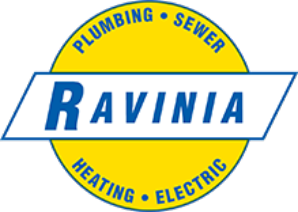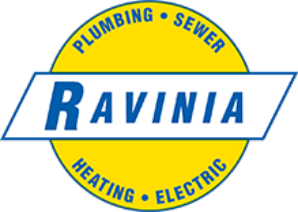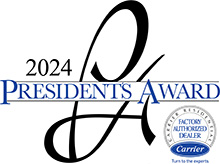
The old adage – “it’s easier to keep up than catch up” – certainly applies to sewer line maintenance. Particularly when catching up involves enlisting the help of repair experts, keeping up saves a significant amount of money, too.
By following a few simple tips, you can avoid costly sewer line cleanups and repairs.
- Never pour grease or oil down your drain or into your toilet. These culprits harden into nasty clogs in your sewer line. Pour grease into a disposable container, let it cool and harden, and throw it away with your garbage.
- Never put paper other than toilet paper in your toilet bowls. Unlike toilet paper, other paper products are not designed to dissolve properly in water. Keep additional containers in the bathroom so family and guests can dispose of these products without damaging your plumbing.
- Keep trees and plants away from your sewer lines. The roots from your landscaping seek moisture from your sewer lines. Regularly water landscaping near the lines to prevent their roots from seeking moisture and impinging the pipes. Root growth in sewer lines can cause damage requiring repairs and even replacement of the line.
- Use enzymatic cleaners in your sewer lines once each month. Unlike chemical cleaners, these products are safe and even beneficial for your drains and lines. Unlike most of their harsh chemical counterparts, these enzymatic cleaners are safe for septic systems, too.
- Have rodding service done once per year. A professional plumber can perform this service to free your lines from debris that lead to clogs or sewer line damage. The buildup of grease, oil, hair, and other debris along the interior of your pipes narrow the flow of sewage and eventually lead to damaging clogs.
- Know when to replace your sewer line. Do you know the age and composition of your sewer line? Experts estimate the life of clay lines to be approximately 50 to 60 years. Cast iron pipes may last up to a century, and polyvinyl chloride (PVC) lines can function more than 100 years. Consult with a professional who can assess the type, age, and condition of your sewer system.
Clogged sewer lines can be more than frustrating and messy; they can lead to costly sewer line repairs. By ‘keeping up’ with good sewer line maintenance, you avoid an expensive ‘clean up’ in the future.



